Nick WolferStudio Production Manager, North American Division of Seventh-day Adventists COVID-19 has forced everyone to adapt quickly. Many pastors are attempting to hold church online, or post sermons for members to view. Many are using smartphones or a webcam on a computer to get the job done. Here are some simple things you can do if all you have is your smartphone.
4 Comments
Jamie Jean Schneider Domm Digital Strategist, Social Media + Big Data, North American Division He who is careless and heedless in uttering words or in writing words for Long before audio-visual equipment was invented, Ellen White knew how to do the figurative mic drop better than anyone. This quote is a powerful and relevant reminder of the solemn task we have been charged with. I encourage everyone who is on social media, especially digital missionaries, to read her Counsels to Writers and Editors. Social media is the ultimate equalizer. It gives a voice and a platform to anyone willing to engage. – Amy Jo Martin Social media has eased entry into the world of telling stories, sharing ideas, and expressing thoughts to a wide audience. It used to be that if you wanted to tell your story to a broad audience, you had to buy your way in through costly traditional media. Times have changed; we are all writers and publishers now. But with this ability comes responsibility. Social media, in its essence, is people connecting with people to create a collective human story. We all want to be heard, and we all now have a platform for public speaking. You can have hundreds, thousands, even millions of people viewing your messages. But, as so often is the case, the person we need to set boundaries with is ourselves. Your personal social media is a great opportunity to share your story and contribute to the collective conversation. It can serve as a powerful witnessing tool, revealing what God is accomplishing through you and your work. But… Would someone know you are a Christian based on your social media? I once listened to a powerful sermon in which the speaker asked, “If you were pulled into court today, is there enough evidence in your life to convict you of being a Christian?” Well, what evidence does your social media provide? Is your use of social media driving people away from the Church or toward Christ? Think about it. Social media is public by nature and has blurred the lines between your work for the Church and your personal life. This can be a good thing. Follow principles of responsible use and be a living testimony to others. Be a light among the quagmire of negativity online. Let your light shine before men in such a way that they may see your good works, and glorify your Father who is in heaven. – Matthew 5:16 Every opportunity to share is an opportunity to either advance or hinder the kingdom of God. People should use social media; it is a powerful tool. After all, the appeal of social media is that it reflects a basic human need, and that need is to connect and share. As digital disciples, that means connecting with each other and God as well as sharing the gospel. It is likely that you have friends or followers on social media who are not Christians or who are questioning and struggling with their faith. As a member of the Church, you are always representing the Church even if you are not actively engaged in digital evangelism. This is especially true for pastors and others in leaderships roles. It is of vital importance that we maintain a high standard of ethics, striving to always be honest, professional, and kind. This means always verifying questionable content with credible sources before sharing, honoring the privacy of others, respecting intellectual property rights, and never releasing confidential information. However, you may share official statements from Church leadership. Your posts can have a much greater impact and reach than you imagine. We recognize and value diversity of opinion within our community, but as an employee or member, your followers may confuse your opinion with the official position of the Church. While this is most likely not your intention, be mindful to:
How many people are you willing to drive out of the Church to make a point or to “win” your argument? Public figures have the potential to magnify division and take thousands out of the Church. As individuals, we may discourage someone from even considering Christianity. We talk about a life lived as a reflection of Christ but turn into devils on social media. People say things online that they would never dare to say in person, and then wonder why their ministry efforts are not bearing fruit. We were all taught in primary school to T.H.I.N.K. before we speak. It is not enough for something to be True; it must also be Helpful, Inspiring, Necessary, and Kind. This is especially true in online communication. Because of the power social media can have, it’s crucial that we consider the effects our content will have on our audience. Both our negativity and our positivity grow exponentially as they are spread by our audience and friends online. When it comes to church, we can create a community of people that attack or a community of people that heal. – Kaleb Eisele, Humans of Adventism We absolutely respect and value different perspectives among our members and ministry leaders. But as representatives of the Church, we must not use our public speaking platforms as a sounding board for the problems we see in the Church, in leadership, and in our country. We are a family; let’s resolve our internal issues privately. It would be considered obscene to go knocking on doors and to begin your evangelistic effort by lambasting the very Church you are asking people to join. So why do it online? We must protect our Church family and frame all of our digital communications with the salvation of others in mind. Social media is a powerful tool for sharing the gospel; let’s use it wisely and err on the side of caution. The power and efficiency of our work depend largely on the character of the literature [message] that comes from our presses [social media profiles]. Therefore, great care should be exercised in the choice and preparation of the matter that is to go to the world. The greatest caution and discrimination are needed. Our energies should be devoted to the publication of literature [posts] of the purest quality and the most elevating character. Our periodicals [blogs, videos, and updates] must go forth laden with truth that has a vital, spiritual interest for the people. Freedom of speech does not mean freedom from consequences. Carelessness in speech can and will inhibit our ability to accomplish our mission. When we turn people away from the Church, we are not only working against ourselves, we are working against God. You can also get your ministry or self in legal trouble. If you work for the Church, you may endanger your job and reputation. This can be avoided by using discretion and focusing on the positive, such as what God is accomplishing through your church or ministry. Let’s not fall into the trap of using the negative and sensational to get attention online when God calls us to focus on what is good and holy. Finally, brothers, whatever is true, whatever is noble, whatever is right, whatever is lovely, whatever is admirable―if anything is excellent or praiseworthy, think about such things. – Philippians 4:8 We all have the same goal. I truly believe that social media is a vital tool for accomplishing our mission in the 21st century. Young people are leaving the Church at a startling rate. They spend up to 18 hours a day behind a screen, and nine hours of that time is spent on social media. What messages are you sending them? We must take the gospel where they are, and not where we want them to be. But when our actions and our speech contradict each other, we only have ourselves to blame for the rising egression. Let’s work together to get the job done and go home. And this gospel of the kingdom will be preached in all the world as a witness to all the nations, and then the end will come. – Matthew 24:14 Jamie Jean Schneider Domm Digital Strategist, Social Media + Big Data, North American Division Then, because so many people were coming and going that they did not even have a chance to eat, he said to them, ‘Come with me by yourselves to a quiet place and get some rest.’ So they went away by themselves in a boat to a solitary place. For digital missionaries who spend significant time online working to further the gospel, it’s important that we learn to safeguard our own spirituality as well as develop a healthy work-life balance. Another way to frame this is to make sure you are fed spiritually before you minister to others. This can be a huge challenge because when you work for a religious organization, EVERYTHING seems important because of the eternal impact of the work. And there seems to be no end to the work that needs to be done. Those of us who have chosen this type of career are self-driven but also driven by the expectations (or perceived expectations) of others. How do we prioritize? How do we set boundaries that enable us to get the job done, while taking care of our own spiritual health? We’re not in this alone. God knows our limitations, and He doesn’t want us to work so hard that we work ourselves away from Him—the relationship that matters the most. This is why He has given us the Holy Spirit. After we’ve given it our all for the day and go home to rest, the Holy Spirit keeps working. He also doesn’t want us to dive so deep into the mission field that we become corrupted by it. There are a lot of toxic conversations and content on social media, just as physical mission fields have their dangers and temptations. If the early missionaries of our Church had stayed away from the mission field because of the dangers, the Seventh-day Adventist Church would never have become a global movement. We must go where the people are and minister to their needs, while simultaneously guarding the avenues of our own heart. Here are four tips for digital missionaries to help balance digital media and spiritual health:
God has not called us to live in social media but to influence people through social media. Our influence online can stretch much further than we imagine with the help of the Holy Spirit. God has called us to use our digital influence for Him, whether we have an audience of four or 40,000. We plant the seeds; God grows the seeds. People pour out their hearts online. We can be there in their moments of crisis with love, hope, and truth. But in order for them to listen to us, we must carefully cultivate and use our digital influence purposefully. By setting boundaries and sticking with them, we can be better equipped to help others. Jamie Jean Schneider Domm Digital Strategist, Social Media + Big Data, North American Division  Content creation, engagement, and distribution are not limited to the official church brand and accounts. Make it a point to reach out to young people and let them know that their talents in this area are highly valued even if they are not part of the core team. Some people just need permission and a little mentorship to realize their talents and passion for personal ministry. Everyone has social influence through texting, messenger applications, email, and social media. Encourage and inspire them to use it to build God's kingdom. The two primary roles in which digital disciples can serve are as engagers and distributors. For this reason, I have decided to unpack the role of digital disciples here in the guide, in-between these two sections of the digital discipleship and evangelism model. The Bible tells us to become and make disciples. God calls us all to serve in unique ways. Ellen White encourages us to: Let every worker in the Master’s vineyard, study, plan, devise methods, to reach the people where they are. We must do something out of the common course of things. We must arrest the attention. We must be deadly in earnest. We are on the very verge of times of trouble and perplexities that are scarcely dreamed of. – Ellen White, Letter 20, 1893 Identify people in your church who can be digital disciples, all on their own, as a means to further the mission of your church. This allows and empowers members to engage in ministry and discipleship in ways that aligns with their passion, spiritual gifts, tools of preference, and personal style. There is a spiritual void online because we are not doing enough individually as members or collectively as a Church. The mission field is wide open, it’s our duty to share the gospel through the tools available to us. The Great Commission given to us by Jesus Christ states, “Go, therefore, and make disciples of all the nations” (Matthew 28:19). An easy and free way to reach the nations lies in the palms of our hands. When we hesitate to make the gospel message more available, we allow our own human weaknesses and fears to get in the way of our mission. How can we justify this resistance to boldly declaring our faith online? We live in an era of religious freedom with minimal persecution in North America (in contrast to what is happening in other parts of the world). However, the predominant perception among the Church body is that evangelism is an event run exclusively by a specific set of people. In Exodus 4:2, God asks Moses “What is in your hand?” and tells him to lead the children of Israel to the promised land. To Moses, his staff is simply a tool for directing sheep, but with God’s direction, it becomes an instrument through which miracles are performed. If God spoke to each of us today, we would answer, “a phone,” a “laptop,” or an “iPad.” Most of us have a smart phone that can be used either for distraction or for positive impact. The responsibility of every disciple is to utilize every available resource for God so at the end of the age, when we face our Master, we will hear, “Well done, good and faithful servant!...” (Matthew 25:23). We must commit to work diligently online to share present truth, regardless of who we are and what our official role may be in the Church. Tips and Ideas for Individual Digital Disciples, |
|||||||
| Download the Creating Strong Social Media Posts Fillable Workbook | |
| File Size: | 1180 kb |
| File Type: | |
Examples:
Archives
August 2020
July 2020
June 2020
April 2020
March 2020
February 2020
December 2019
November 2019
August 2019
July 2019
June 2019
May 2019
April 2019
March 2019
February 2019
January 2019
December 2018
November 2018
October 2018
September 2018
July 2018
June 2018
May 2018
April 2018
March 2018
February 2018
January 2018
December 2017
November 2017
October 2017
September 2017
July 2017
June 2017
May 2017
April 2017
March 2017
February 2017
January 2017
December 2016
November 2016
October 2016
Categories
All
A Allan Martin
Adam Fenner
Angeline Brauer
Big Data
Center For Online Evangelism
Chris Matts
Culture
Data Science
Data Tracking
David Mwansa
Design
Digital Discipleship
Digital Pew
Digital Strategies Intern
Dustin Comm
Email Communications
Erica Jones
Event Registration
Faith-hoyt
Fundraising
General
Harvey Alférez
Heidi Baumgartner
James Gigante
Jamie Schneider
Jason Alexis
Justin Khoe
Kaleb Eisele
Kimberly Luste Maran
Marketing
Member Care
Michelle Diedrich
Nick Wolfer
Online Church
Paul Hopkins
Philanthropy
Rachel Lemons Aitken
Reaching Young Adults
Rodney Brady
SEO
Social Media
Stewardship
Text Evangelism
Video
Volunteering
Website
Working From Home





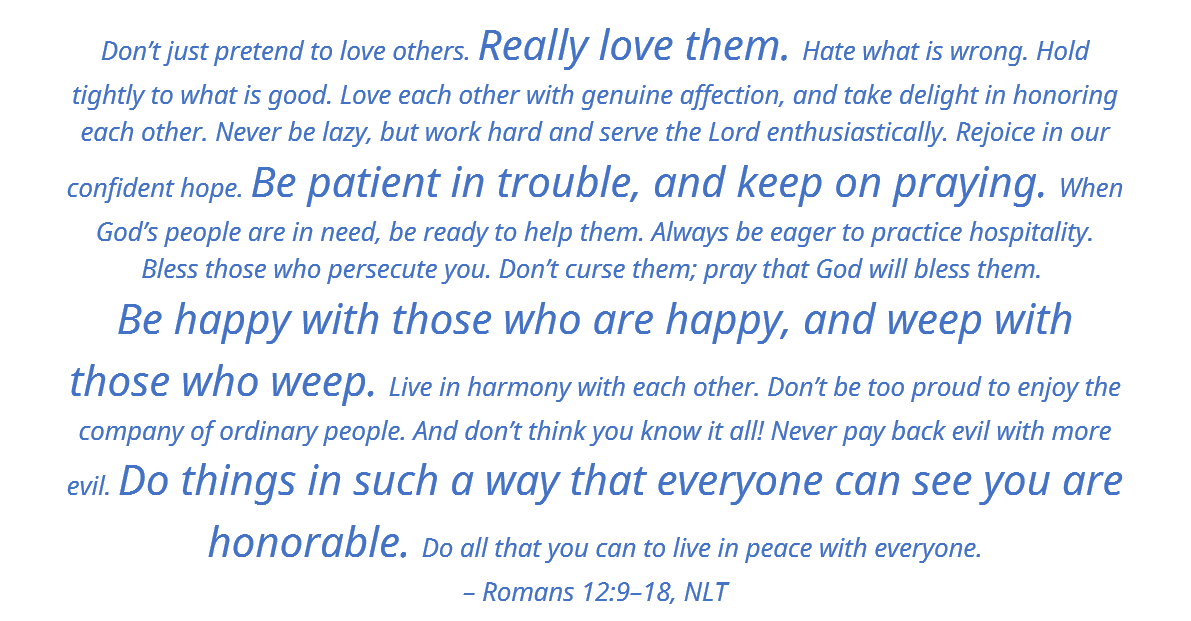
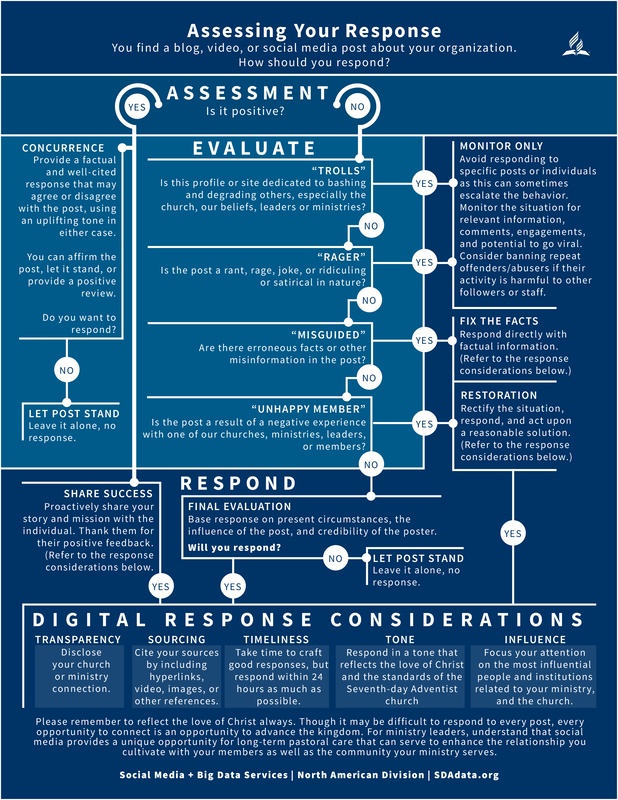





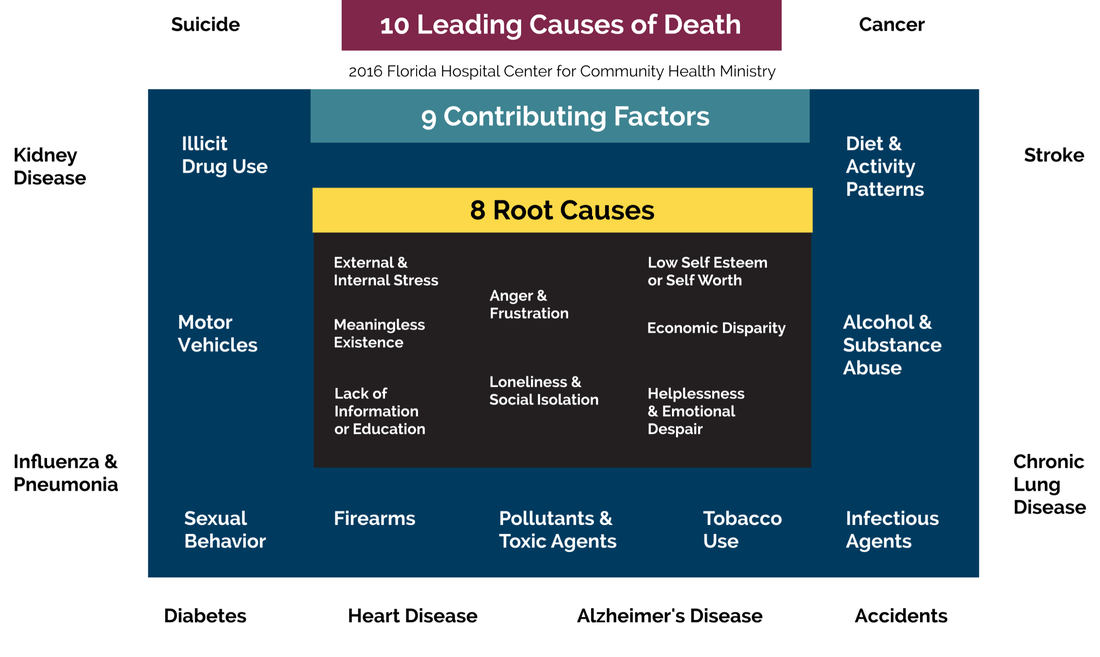


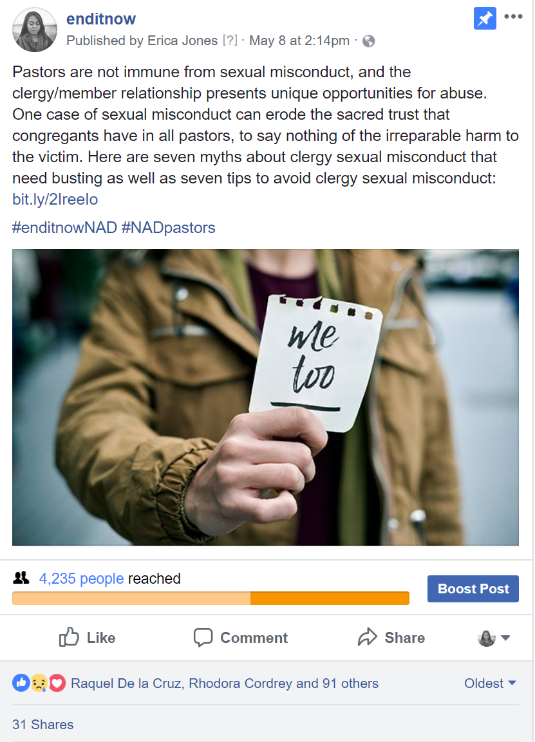


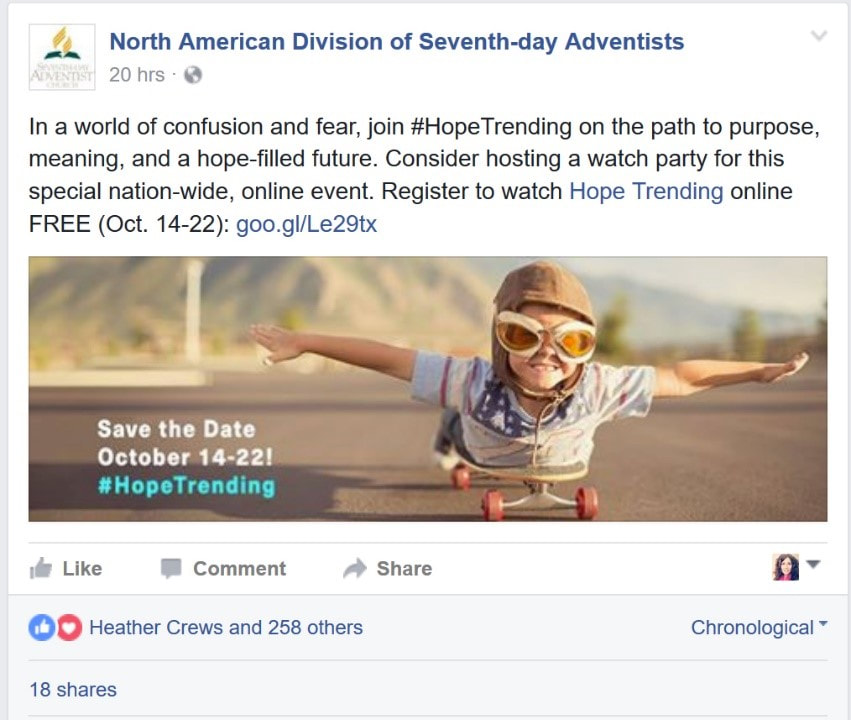

 RSS Feed
RSS Feed